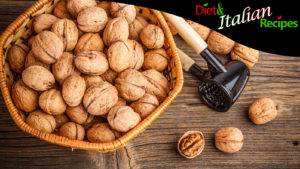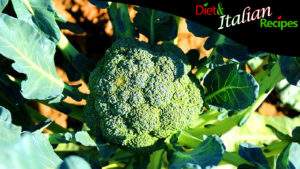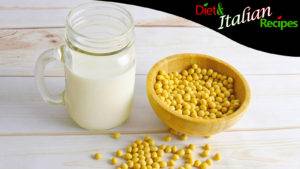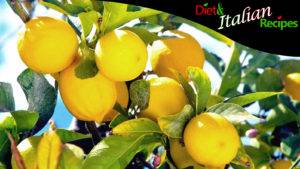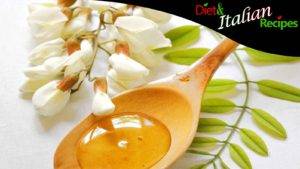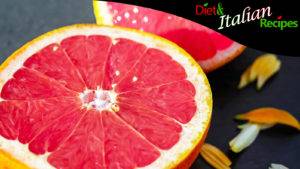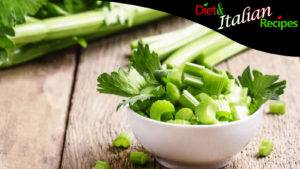Garlic clove is rich in healing active ingredients and remarkably effective. The substances contained in garlic, such as allicin, sulfur, and B-group vitamins, provide this food with various properties and benefits. Let’s take a closer look at garlic properties: antibiotic, antiseptic, antibacterial, digestive, expectorant, hypoglycemic, hypotensive, and even anticancer. However, garlic also has some contraindications to keep in mind.
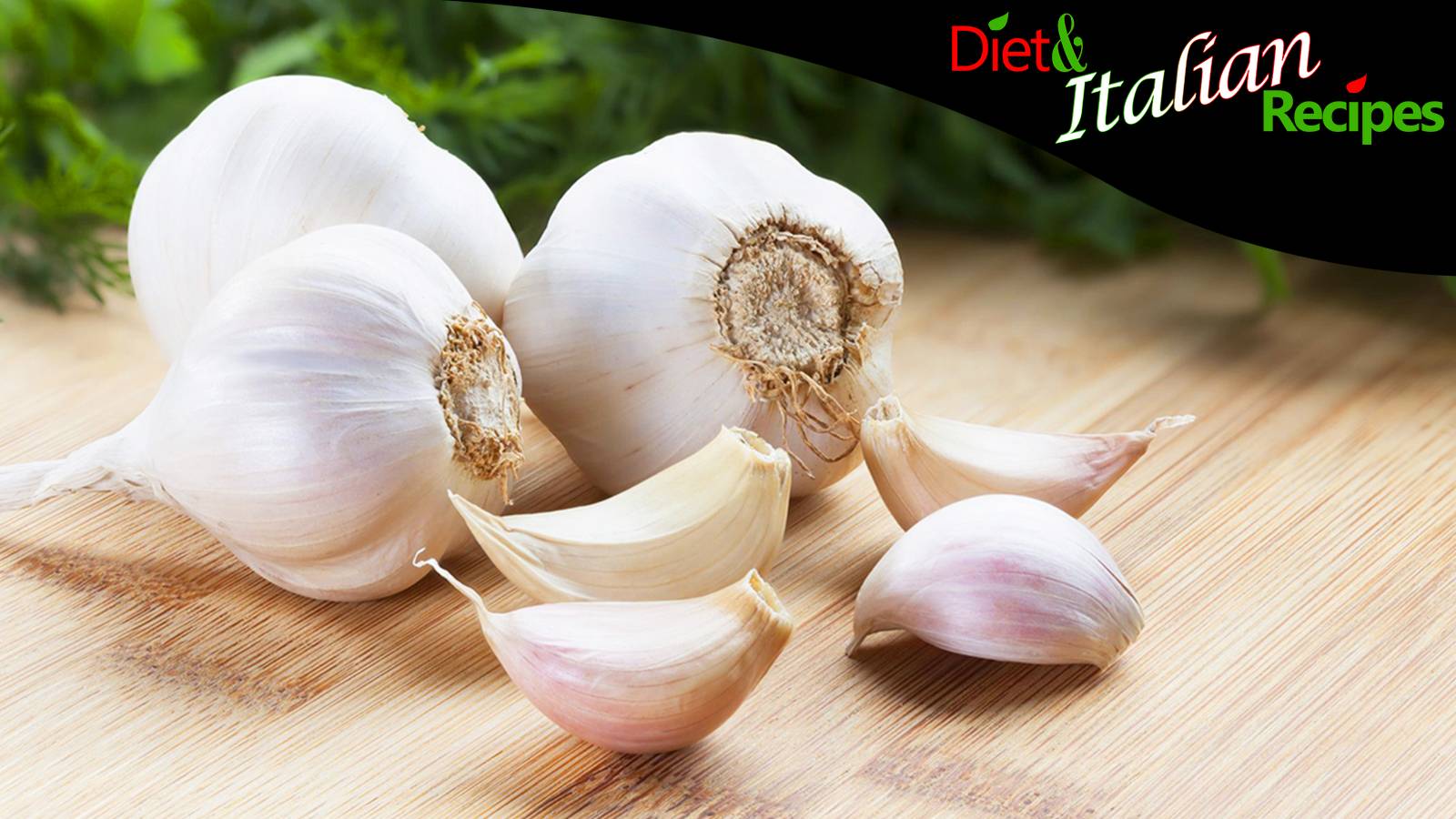
Garlic is good for you, it is a natural antibiotic
Garlic is good for your health, and experts consider it a natural antibiotic capable of curing bacterial infections. Eating raw garlic instead of cooked allows you to reap the best benefits from this typical ingredient in Mediterranean and Italian cuisine.
Garlic is rich in nutrients, here are some:
- allicin;
- calcium;
- potassium;
- magnesium;
- folate;
- vitamin C;
- provitamin A;
- vitamins B1 and B2;
- vitamin PP.
Garlic and allicin: Properties and Benefits
Garlic Properties and Benefits – It is allicin, the substance responsible for the benefits of garlic. Allicin is one of the beneficial substances contained in garlic and is the cause of its antibacterial and antibiotic properties.
Eating raw garlic is an excellent method for releasing all the properties and benefits contained in it. Allicin is released only when garlic is grated, cut, or chopped. The pungent odor that characterizes the famous garlic breath is precisely due to this beneficial substance, allicin.
Here are the main properties and benefits of garlic briefly:
- Depurative properties of garlic: Garlic has a detoxifying power (detox effect) and acts as a chelating agent, binding to metals that accumulate in the liver and kidneys, promoting their elimination.
- Antibacterial properties of garlic: It is a powerful bactericide and the best natural antibiotic in the world. It is an excellent aid in case of respiratory infections, such as catarrh. It strengthens the immune system and also acts as an antifungal.
- Antiseptic properties of garlic: The antiseptic power of garlic is very useful against infections and intestinal disorders. Garlic acts against cramps, dysentery, and parasites.
- Anticancer properties of garlic: Regular garlic consumption seems to have a preventive action against tumors. Specifically, tumors that develop due to the accumulation of toxic substances in the intestinal flora. This is why it is generally included in anticancer diets.
- Antioxidant properties of garlic: Garlic is antioxidant and has beneficial properties for the heart and the entire cardio-circulatory system. This food regulates blood pressure, fights hypertension, diabetes, and high cholesterol, especially when consumed raw.
Eating garlic is good for your health, but overdoing it does not pay off. Let’s take a look at the contraindications.
How to Store Fresh and Dried Garlic
Garlic can be stored all year round, either at room temperature, in the fridge, or in oil, depending on whether it is fresh or dried.
Dried garlic does not need to be stored in the fridge, and can be kept at room temperature in a basket or paper or glass container in a cool, dry, well-ventilated, and light-free place. In summer, it is best to keep the dried garlic in a perforated cardboard box on top. Dried garlic lasts a long time, from 3 to 5 months, depending on the type, with white garlic lasting longer than red garlic: it is recommended to check it from time to time to remove any cloves that have gone bad. To keep garlic fresh for longer, it can be frozen in pre-cleaned and ready-to-use cloves, but this is only recommended for those who use it very rarely as it changes the texture and flavor. Contrary to popular belief, storing dried garlic in the fridge does not extend its shelf life, but actually shortens it, as the cold humidity of the fridge promotes the growth of mold.
Fresh garlic, on the other hand, can be stored in oil-filled jars, or it can be kept in the fridge in a special container, where it can stay for weeks or months, no longer than two, and it is best to check often if it is still being stored well. Those who harvest fresh garlic from May to August can also decide to dry it to consume it all year round!
Garlic: Contraindications
Garlic Contraindications – Garlic is difficult to digest and can cause bad breath for a long time. It should be avoided if you have intestinal sensitivity or if you are pregnant.
Garlic during pregnancy and breastfeeding is currently not recommended, although this is still to be clarified. Recent research has shown that eating garlic during pregnancy reduces the risk of pre-eclampsia, a condition that endangers the health of both the mother and the newborn.
The ideal amount of garlic to consume per day is just 4 grams raw.
SHARE the benefits of garlic.
The information provided in the Diet and Italian Recipes articles is for INFORMATION ONLY and does not intend to replace the opinion of professional figures such as a doctor, nutritionist, or dietitian, whose intervention is necessary for the prescription and composition of personalized dietary therapies.
